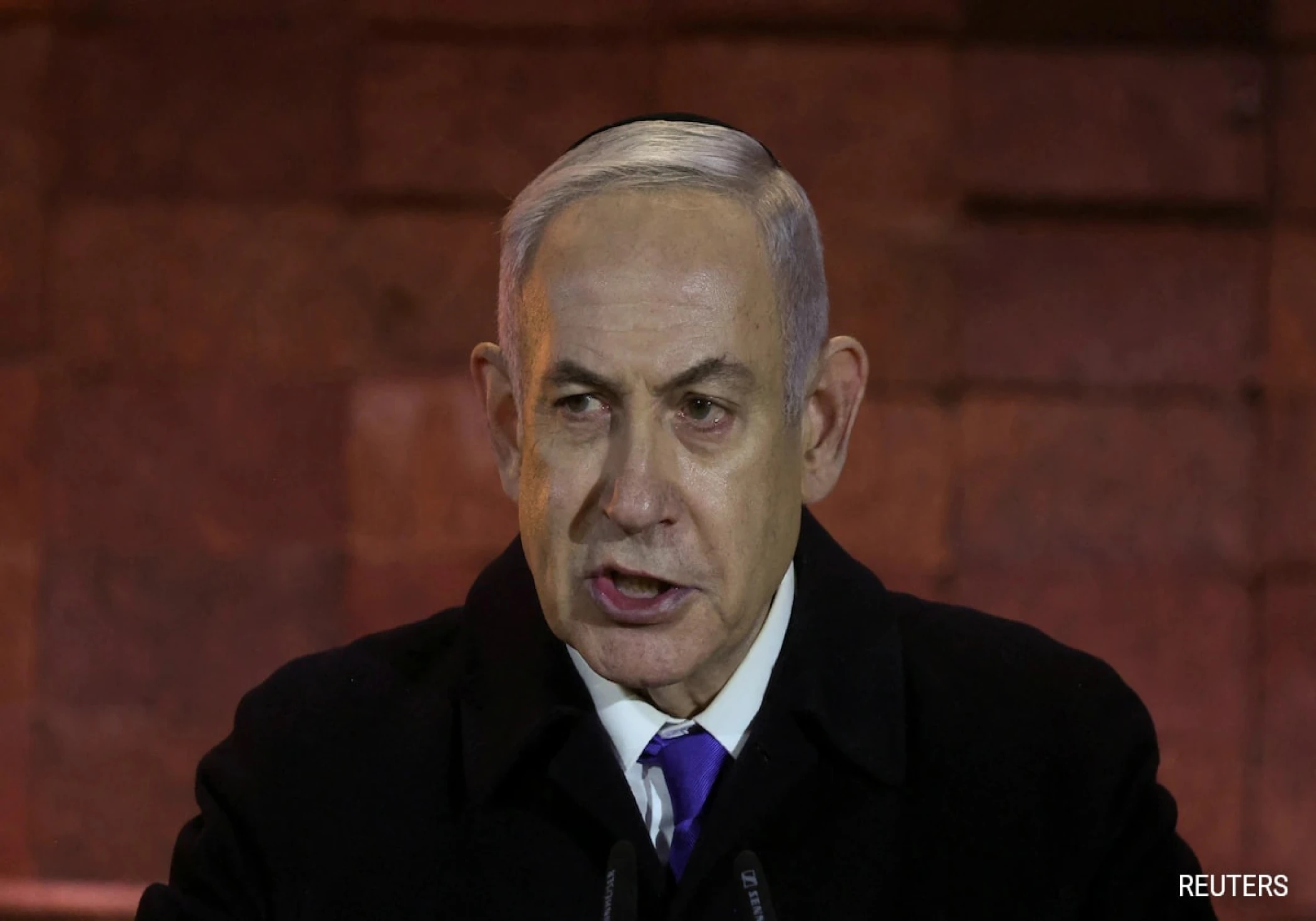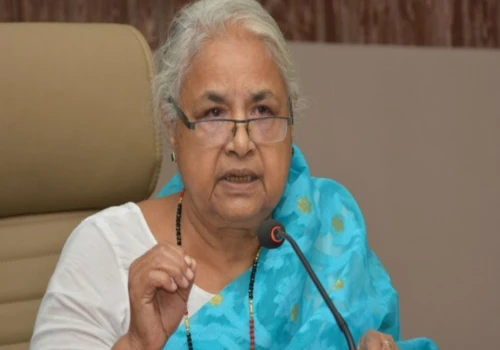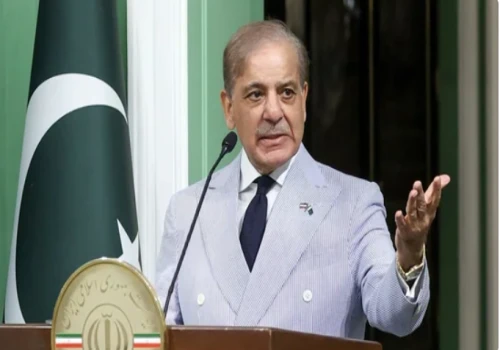
Israel Set to Roll Out Plan to Replace Hamas Government in Gaza
In a significant political development, Israel is reportedly preparing a comprehensive plan to replace the Hamas government in the Gaza Strip. This strategic move aims to address longstanding issues of governance, security, and stability in the region.
Hamas, a Palestinian Islamist political organization and militant group, has controlled the Gaza Strip since 2007. Its governance has been marked by frequent conflicts with Israel, internal political struggles, and a dire humanitarian situation exacerbated by blockades and economic hardships. Israel, along with many Western countries, considers Hamas a terrorist organization.
The Proposed Plan
The proposed Israeli plan involves several key components designed to facilitate a transition of power and improve the living conditions for Gaza's residents.
1. Establishment of a New Administrative Authority: Israel intends to support the creation of a new administrative body to govern Gaza. This entity would ideally comprise local leaders and technocrats unaffiliated with Hamas, ensuring a more moderate and pragmatic governance approach.
2. Economic and Infrastructure Developmen: The plan includes significant investments in Gaza’s infrastructure, focusing on rebuilding and improving essential services such as electricity, water, healthcare, and education. This is expected to boost the local economy and provide much-needed employment opportunities.
3. International Involvement: Israel seeks the involvement of international stakeholders, including the United Nations and regional Arab countries, to oversee the transition and provide necessary humanitarian aid. This coalition would also help mediate between Israel and Gaza to ensure a peaceful and cooperative environment.
4. Security Measures: To ensure the security of the region and prevent the resurgence of militant activities, the plan outlines enhanced security measures, including stricter border controls and disarmament initiatives within Gaza.
Challenges and Concerns
While the plan holds potential benefits, it faces several significant challenges:
Hamas Resistance: Hamas is unlikely to relinquish control voluntarily. Any attempt to replace its government could lead to violent resistance and further destabilize the region.
Palestinian Authority's Role: The Palestinian Authority (PA) has historically had strained relations with Hamas. The PA's involvement in the new governance structure could lead to internal Palestinian political conflicts.
International Consensual: Achieving a unified international stance on this issue is crucial. Different countries have varying interests and alliances in the region, complicating coordinated efforts.
Potential Impact
If successfully implemented, the plan could bring substantial improvements to the lives of Gaza's residents by providing better governance, enhanced infrastructure, and economic opportunities. It also has the potential to reduce hostilities and pave the way for a more stable and peaceful future in the region.
Conclusion
Israel's plan to replace the Hamas government in Gaza represents a bold and complex initiative aimed at fostering peace and stability. Its success will depend on the cooperation of multiple stakeholders, both within Gaza and the broader international community. As developments unfold, the world will be watching closely to see if this ambitious plan can bring lasting change to a region long plagued by conflict and hardship.












